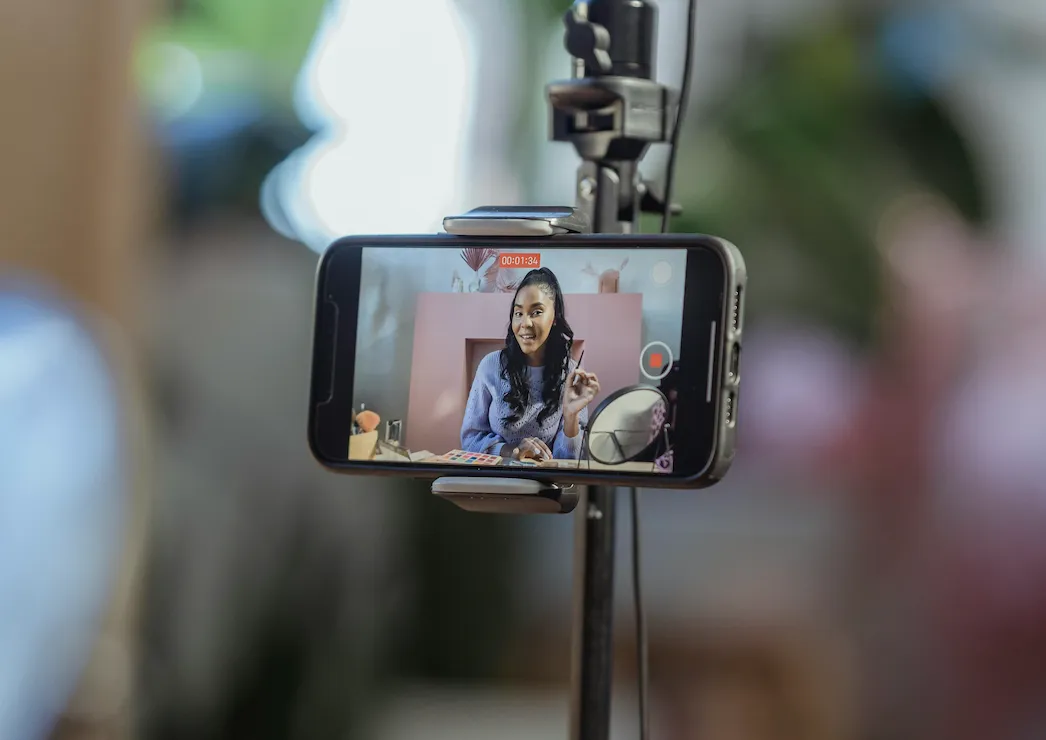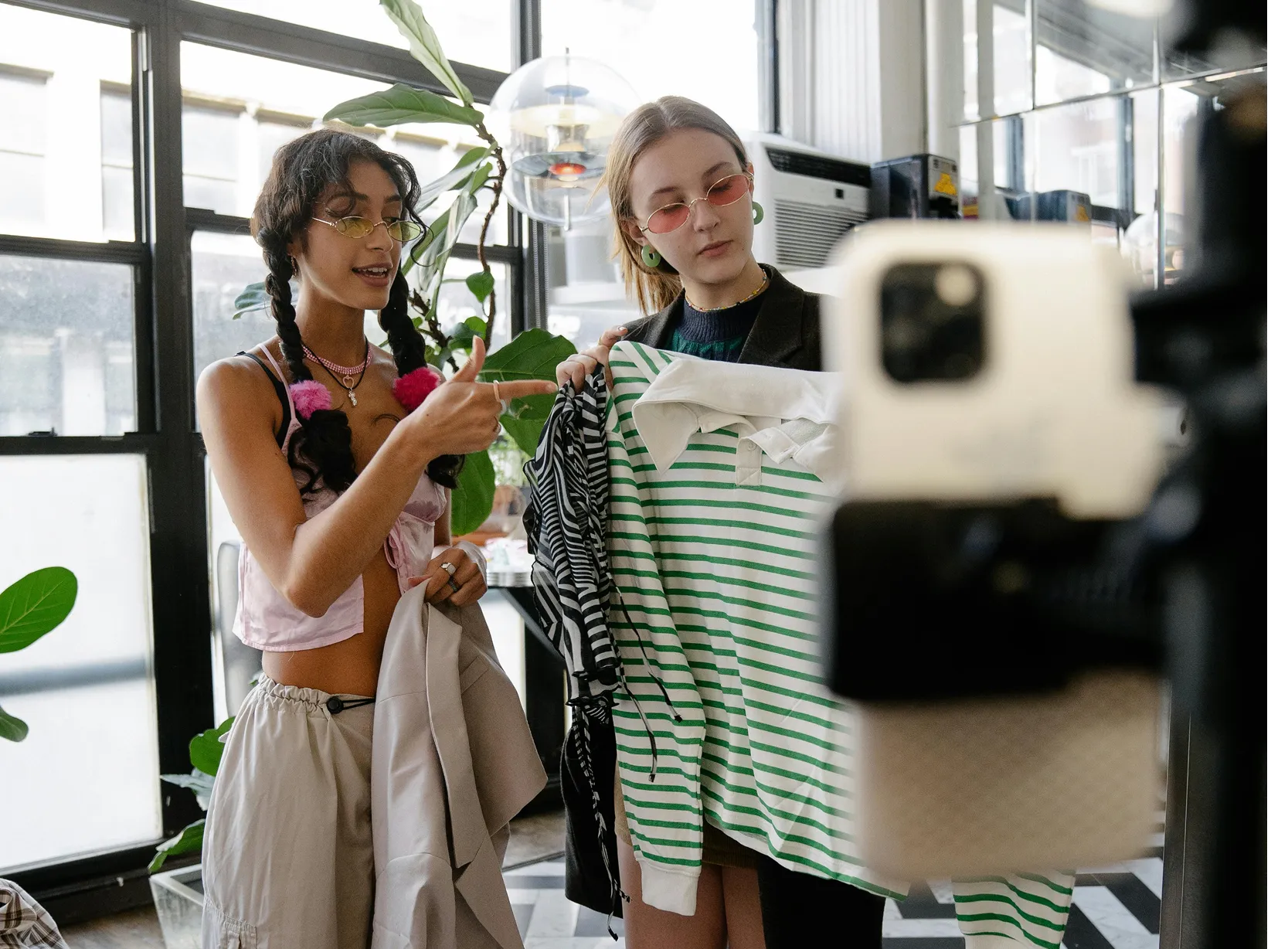by David Lange, Co-Founder and Managing Director at adlicious
The Corona crisis presents us as a society with challenges that we could not even have imagined recently. An incomparable situation, to that extent, for which no one was prepared. Our globalized economic system is faltering, supply chains and product routes are causing problems, and almost all business is currently breaking away in many industries. The first measure taken by many companies in such a crisis situation is to cut their marketing budget. At first glance, this is an understandable idea, because in this area, money can often be freed up within a very short period of time that is needed elsewhere. But a look at the past shows that there are also other options.
Learning from the past — marketing after 9/11
September 11, 2001, with all its consequences, was not directly comparable with a pandemic, but nonetheless a drastic event for the Western world. Even before the attacks, the economic situation in the USA was tense and the country was shaken by a recession. However, shortly thereafter, some companies broke through the state of shock that the entire country was in. An example is General Motors, which launched a large-scale marketing campaign just two weeks after 9/11 - with the usual dose of patriotism in the USA, of course. The courage to invest in this situation should be rewarded. As a result of GM's success, other manufacturers followed suit and 2001 was the second most successful year in the US automotive industry. Other industries were also unimpressed. Apple kept its schedule and introduced the first iPod in October 2001, an absolute box office hit. By making such bold decisions to focus on marketing and product innovation, the USA managed to leave the recession behind it as early as November 2001, just two months after 9/11, despite an exceptional situation that had been unimaginable up to now.
Acting countercyclically — why branding is so important
Key learning when looking at the past — countercyclical action and marketing investments in times of crisis can pay off. This can be confirmed by the results of a large GfK study, which observed the development of around 1000 brands over nine years. The study's findings: The biggest market share gains and, accordingly, the biggest market share losses do not occur during periods of growth, but during periods of economic weakness. Companies should currently check whether brands and products can be recharged. Because while e-commerce is currently booming due to the current restrictions and omnichannel retailers have their hands full to offset losses from brick-and-mortar retail with performance campaigns for their online shops, branding and brand development are falling by the wayside. Courageous companies can benefit from hesitant competition right now through meaningful branding campaigns. A recent example is provided by the automotive sector, as was the case after 9/11. While many companies are stopping or postponing campaigns, car manufacturer Ford decided to replace its current campaign with a special campaign. The focus is on dealing with the pandemic and not on a specific car model as usual. Ford is offering payment facilities to all customers who have run into financial difficulties due to corona. In addition, similar actions from the car manufacturer's past are being taken up, such as support and relief efforts following natural disasters. In this way, solidarity and continuity are conveyed on the part of the car manufacturer and the image is positively influenced in the long term. Ironically, Corona itself creates space for corresponding branding campaigns. On the one hand, media usage in Germany has risen sharply as a result of the lockdown restrictions. According to a recent evaluation by market research firm Gemius and adzine, media consumption of TVs, mobile devices and PCs has risen by between 14 and 40 percent. There are therefore simply more opportunities to reach users. The cancellation of the major sporting events of the summer also creates space for campaigns — and can even result in falling prices. According to a forecast, Corona, with all its effects, will cost Google and Facebook together around 44 billion dollars in advertising revenue. It can already be seen that prices for certain advertising formats are falling. However, a distinction must be made here between pure performance formats such as SEA, which are currently even rising in price, and branding or hybrid forms such as display advertising, which can currently be purchased very cheaply.
No focus on performance — but for whom does it make sense
Of course, performance campaigns also have their right to exist in the current situation. In particular, companies that are just launching e-commerce offerings or are shifting their focus from brick-and-mortar retail to the web must invest in performance marketing. SEA campaigns, display advertising and email marketing are recommended for quick success. Companies should realize that market shares and user behavior can change sustainably as a result of corona. In order to be prepared for this, performance marketing must be optimized and invested in branding in the short term. This is the only way to survive this crisis and strengthen your own brand in the long term.
This article was first published as part of UPLOAD magazine Theme specials”Which online marketing measures make sense now“on the corona crisis.





